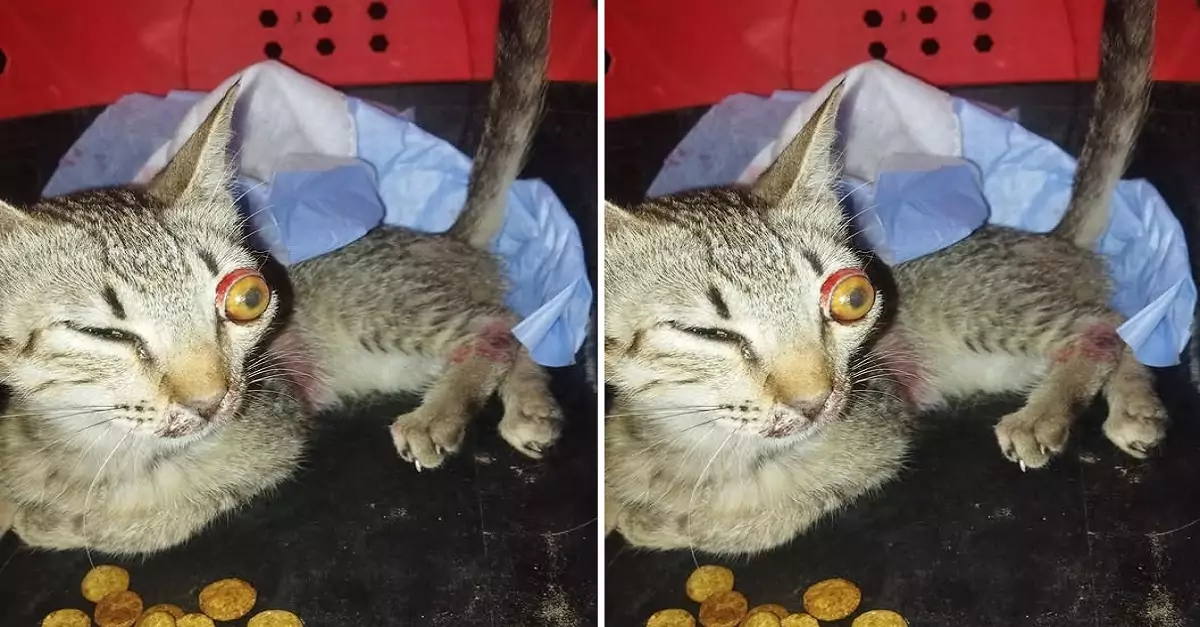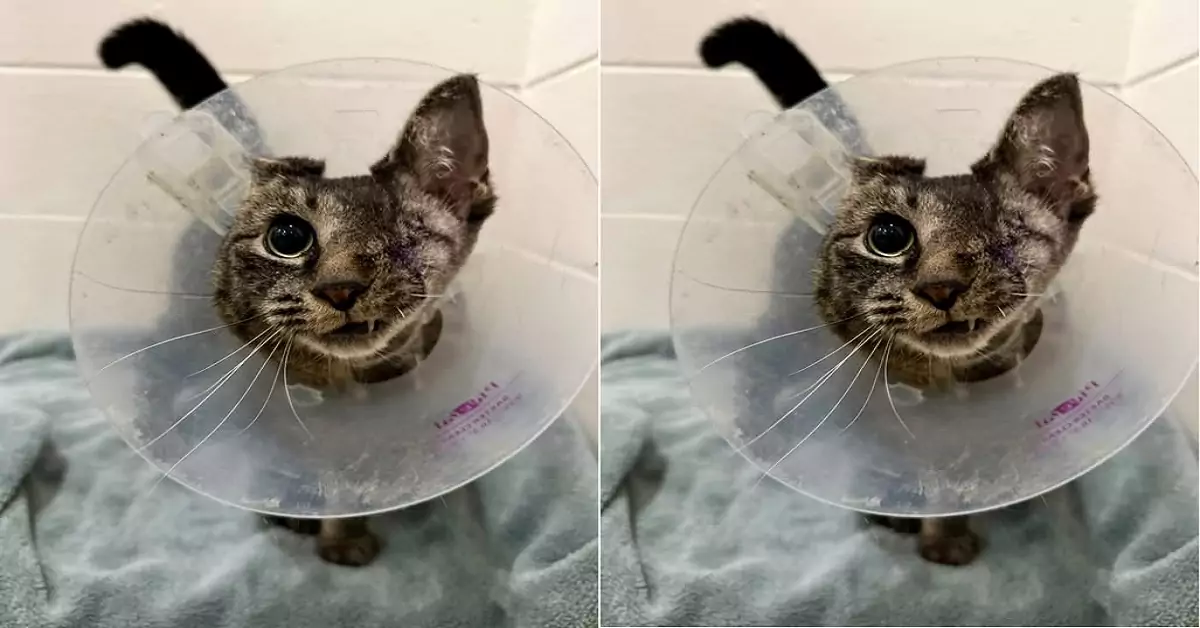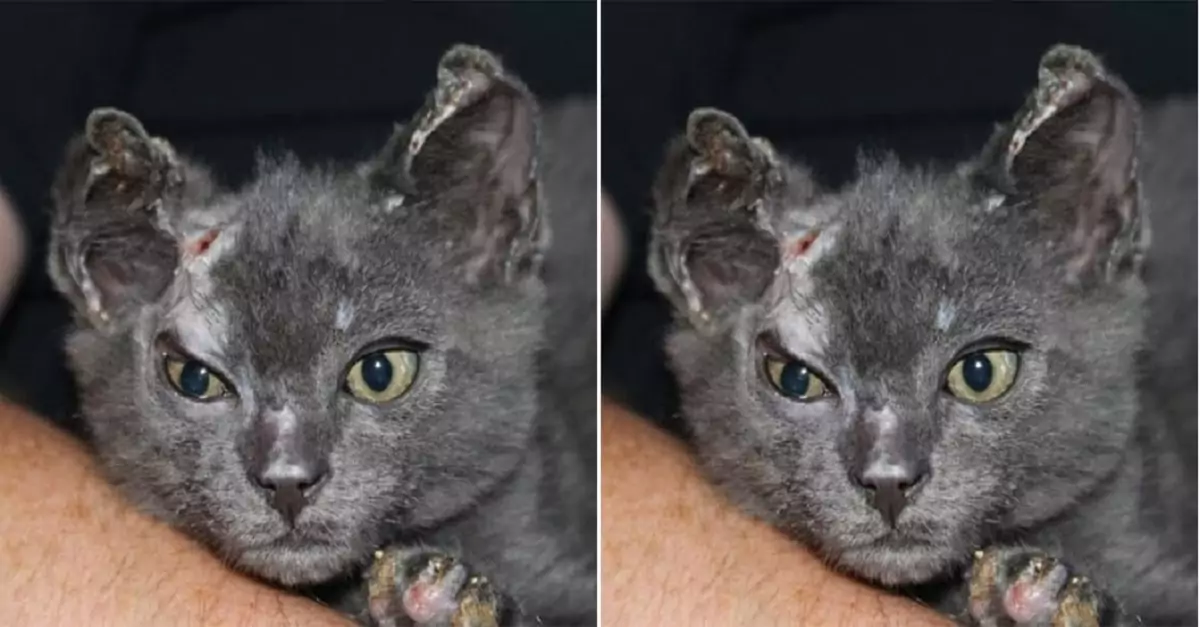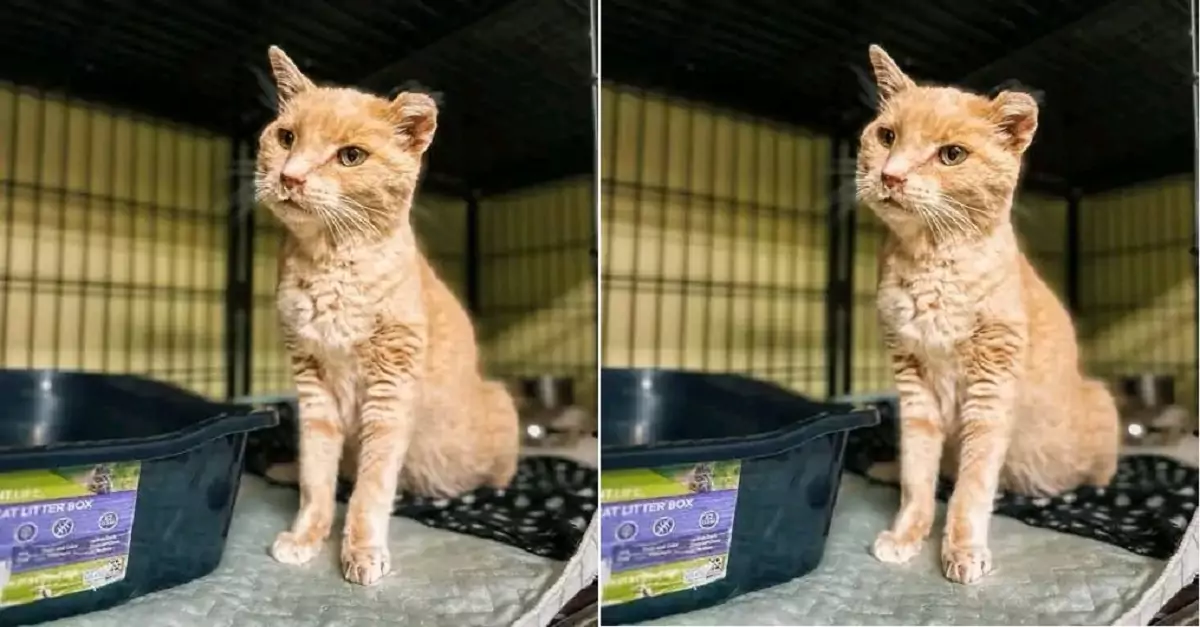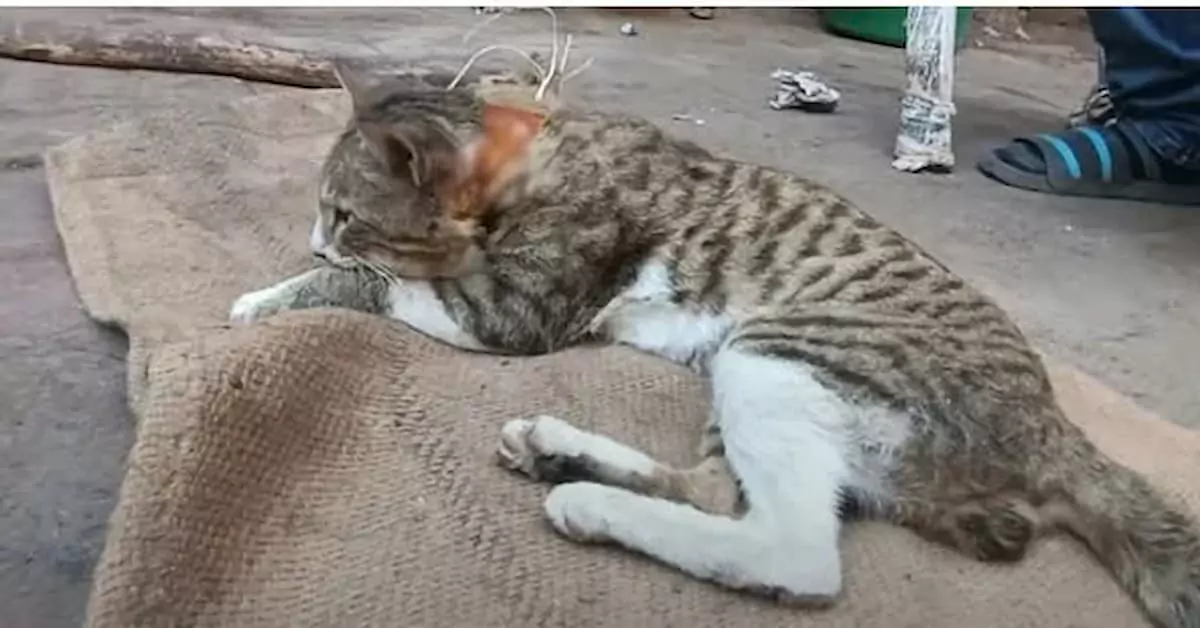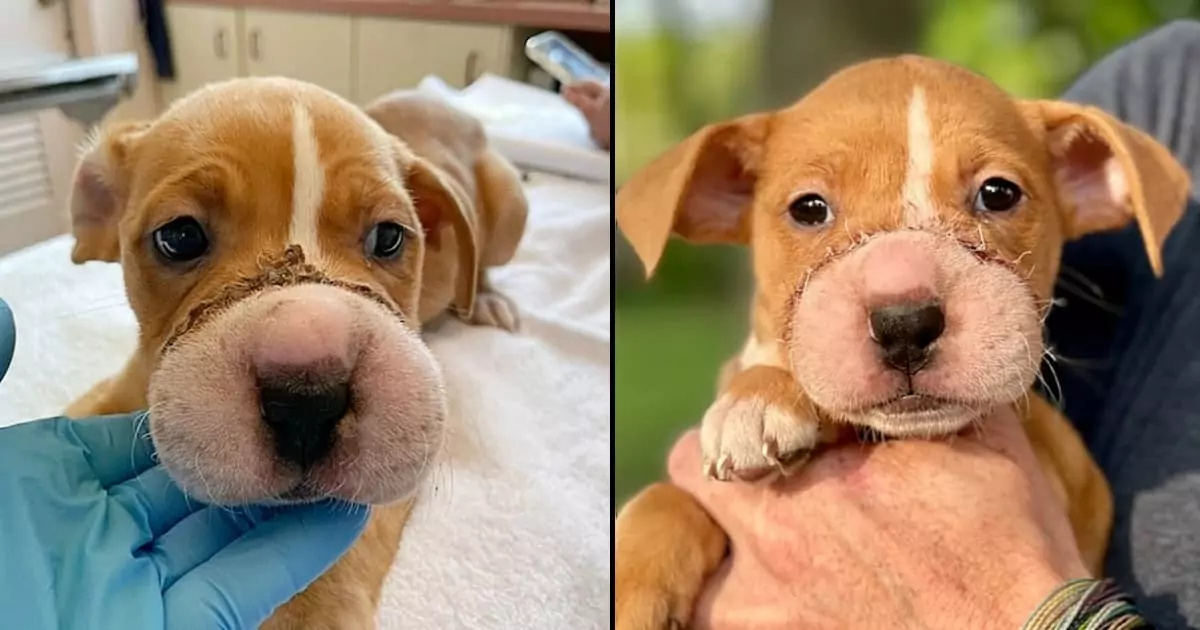Over the past two decades, the field of animal cognition has predominantly focused on dogs, celebrated for their remarkable social intelligence inherited from their ancestor, the gray wolf. Meanwhile, cats, descended from solitary African wildcats, have been unjustly overshadowed by assumptions of aloofness and independence, dampening scientific exploration into their social abilities.
Evolving perceptions: From ignored to investigated
Historically, cats were viewed as less interesting subjects for cognitive research compared to their canine counterparts. Their solitary nature and perceived lack of necessity for human companionship were cited as reasons for neglecting their study. However, a shift in scientific curiosity has begun to challenge these preconceptions.
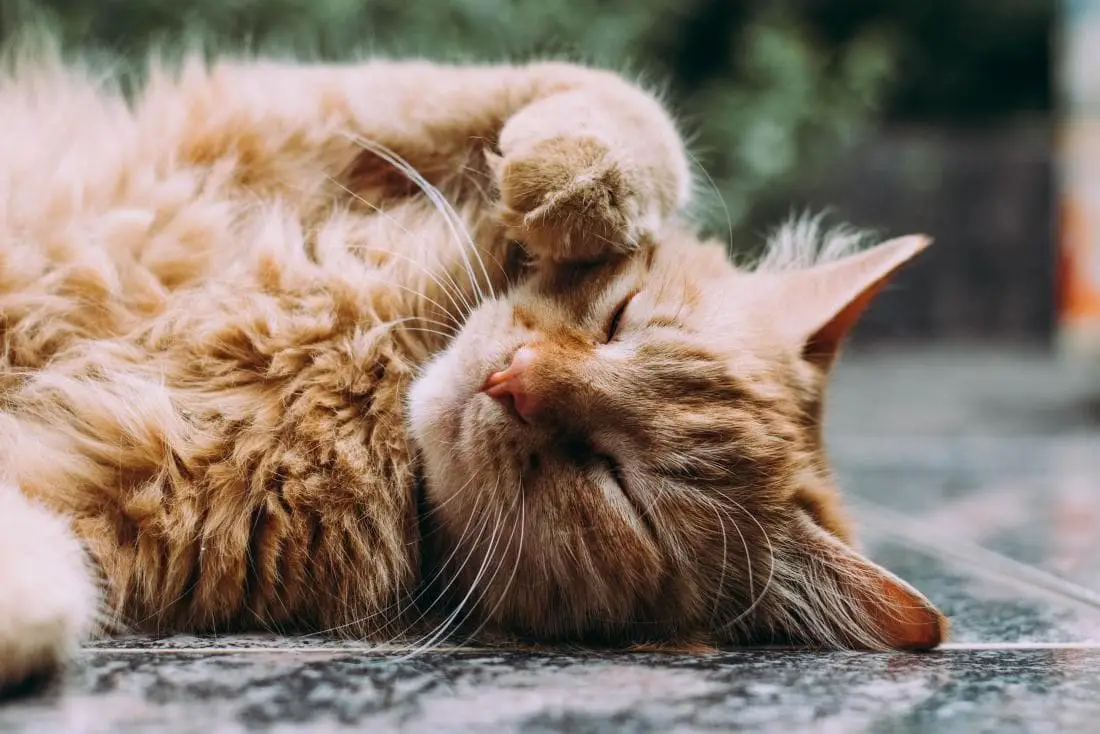
Evolving perceptions: From ignored to investigated
A growing body of evidence
Driven by a cadre of determined researchers like Kristyn Vitale from Unity Environmental University, a nascent but burgeoning field of feline cognition is emerging. Their work suggests that cats possess nuanced social skills that are shaped by both genetics and environmental interactions.
Dispelling Myths: The truth about Cat social behavior
Contrary to popular belief, cats are not inherently antisocial. Instead, their social behavior is highly individualistic, influenced by early life experiences and the quality of interactions with humans. Vitale emphasizes the importance of early socialization in fostering positive relationships between cats and their human companions.
From research to real-world applications
Vitale’s research extends beyond the confines of laboratory studies. She and her colleagues are exploring the dynamics of cat-human relationships in various settings, including outdoor colonies like those in Rome and Japan’s cat islands. These environments offer unique insights into how cats navigate social structures and interact with both humans and other animals.
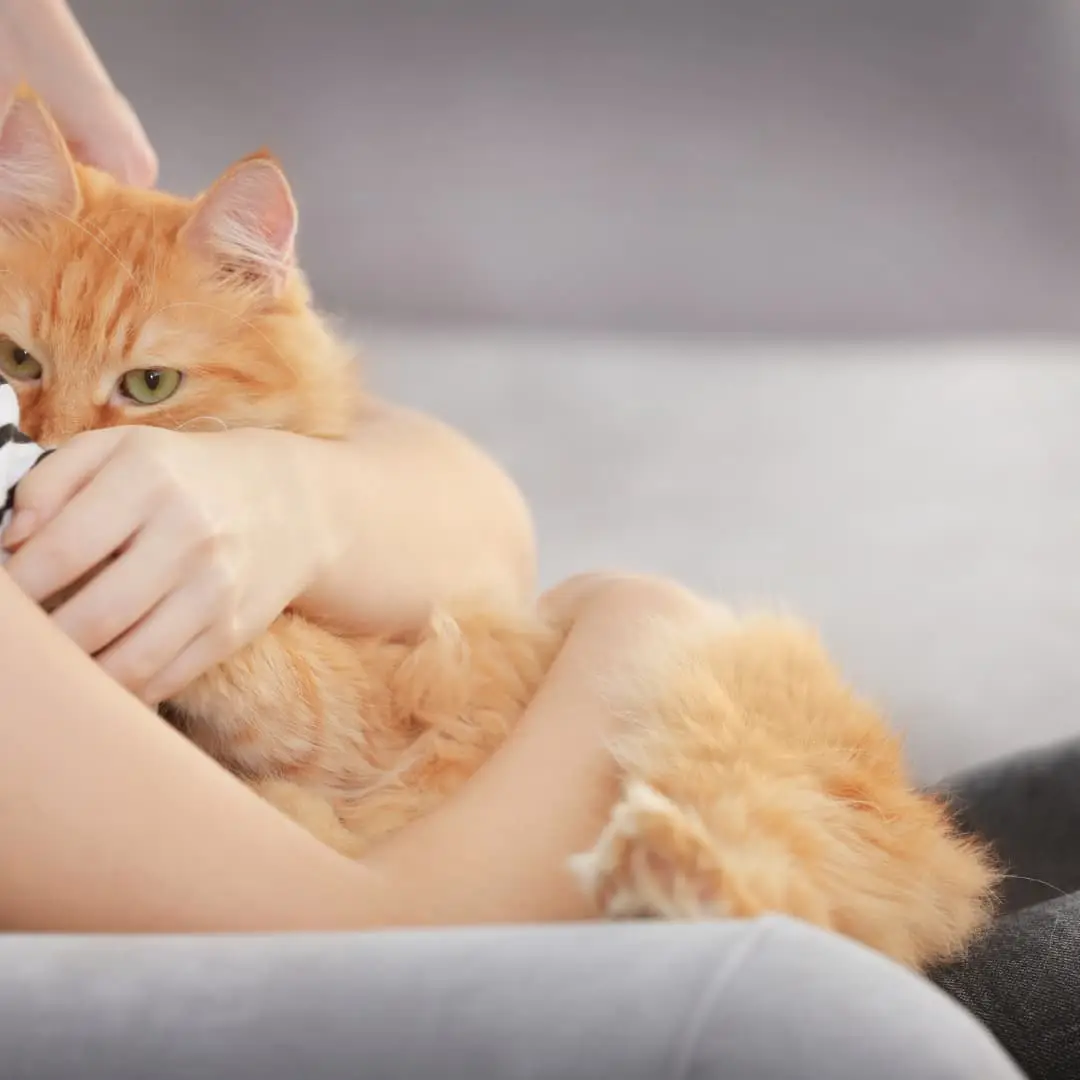
From research to real-world applications
Bridging the Gap: Practical insights for Cat owners
For cat owners, understanding these findings can revolutionize how they interact with their pets. Vitale advocates for proactive engagement, asserting that attentive interaction not only enhances the bond between humans and cats but also enriches the cats’ lives by stimulating their social instincts.
Future Horizons: What lies ahead?
As research methodologies evolve and more data is collected, the study of cat cognition promises to uncover even more surprises. Vitale’s dream study involves investigating the social cognition of cats in diverse and naturalistic environments, offering a deeper understanding of their intelligence and adaptability.
In conclusion, while dogs have rightfully earned their reputation as social savants, the burgeoning field of cat cognition challenges stereotypes and reveals the intricate social capabilities of our feline companions. With each study, our perception of cats as solitary creatures evolves, paving the way for a more nuanced understanding and appreciation of their complex social lives. As the research continues to unfold, it promises to shed light on the remarkable and often underestimated social intelligence of cats.

